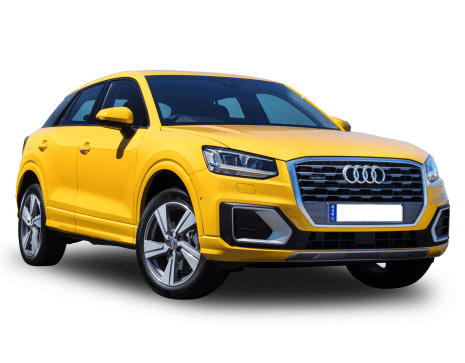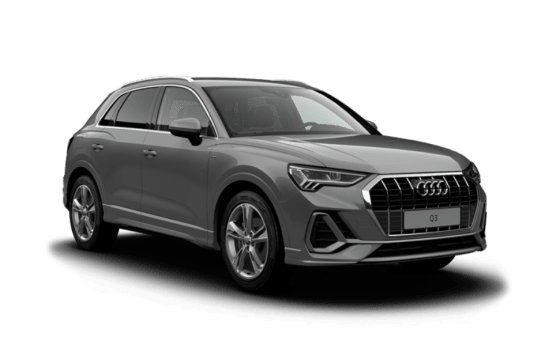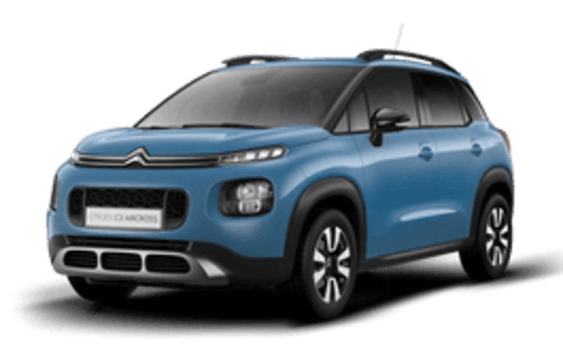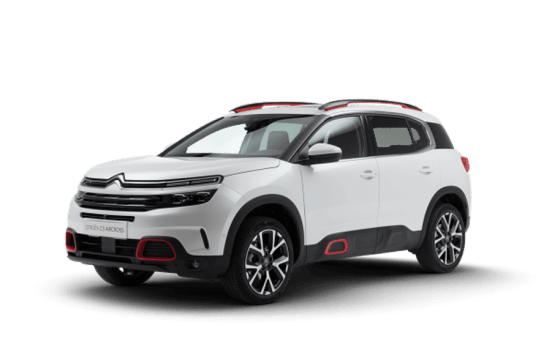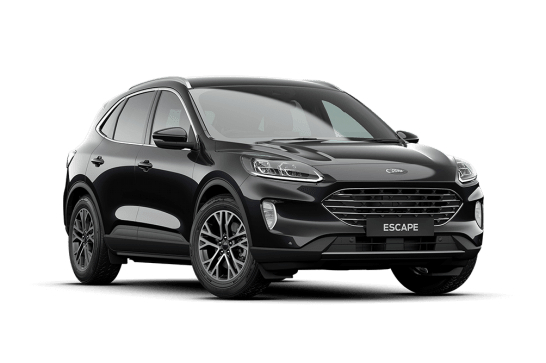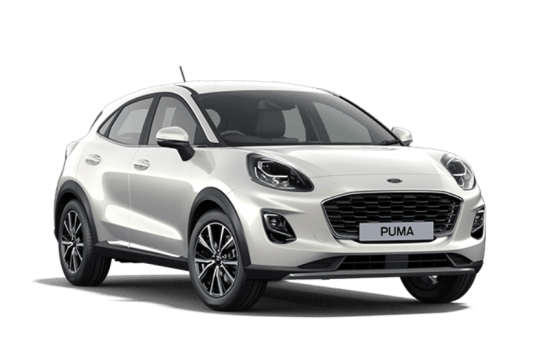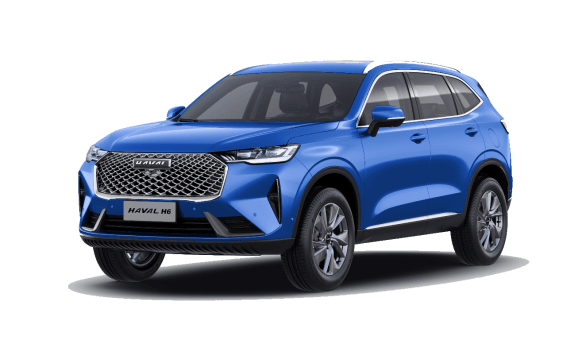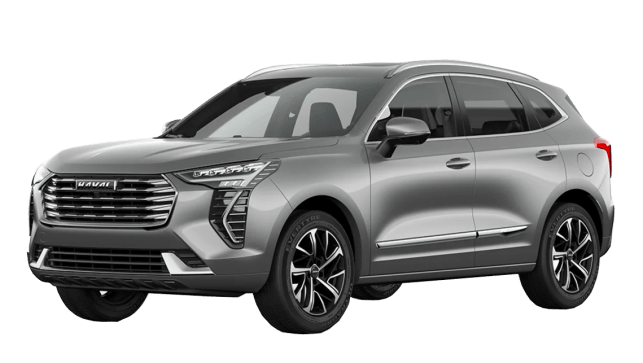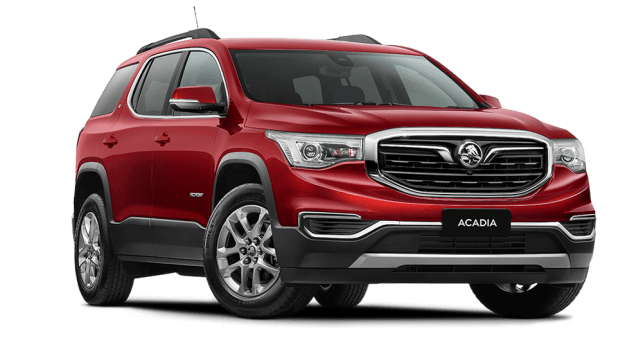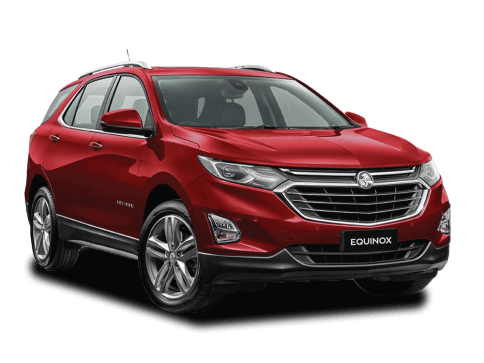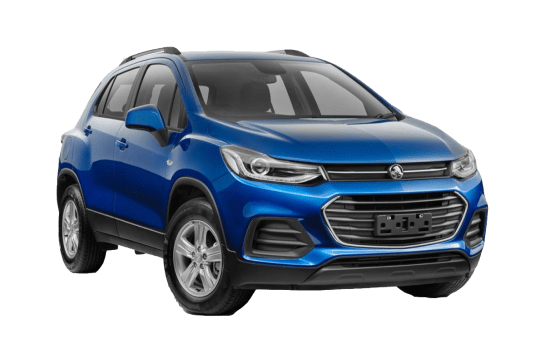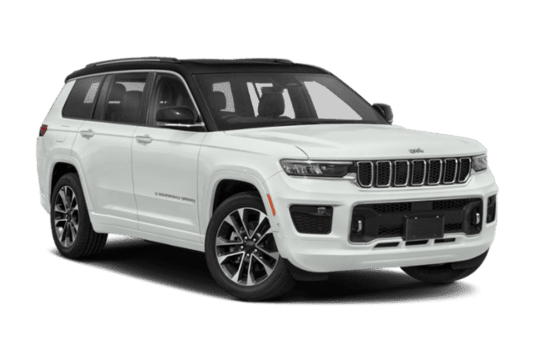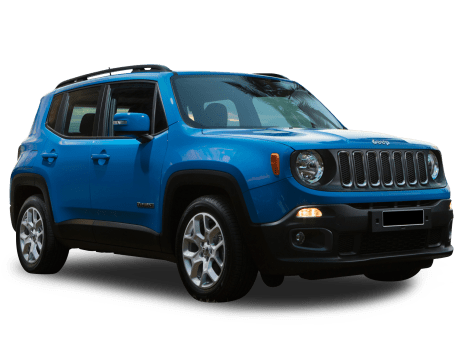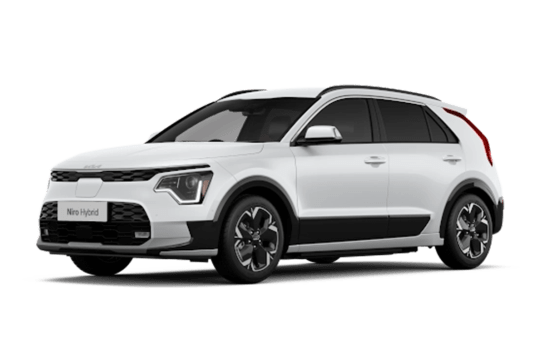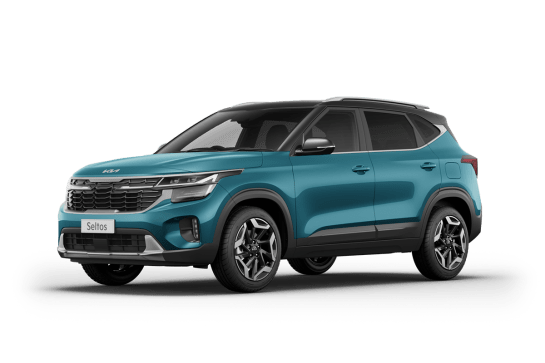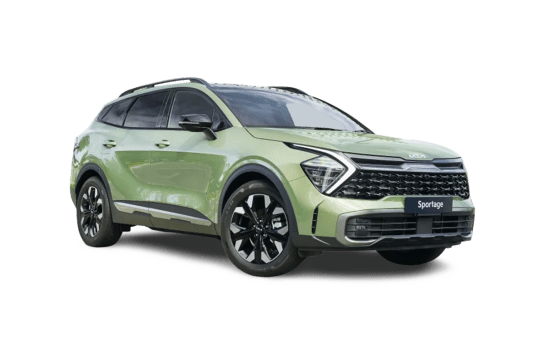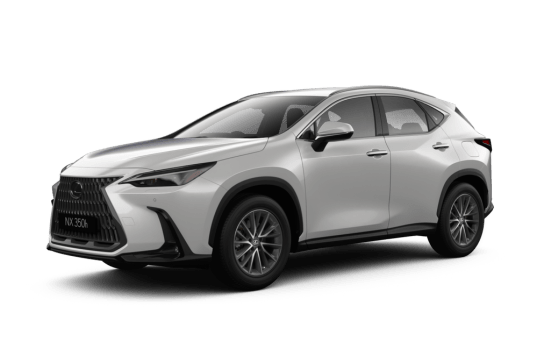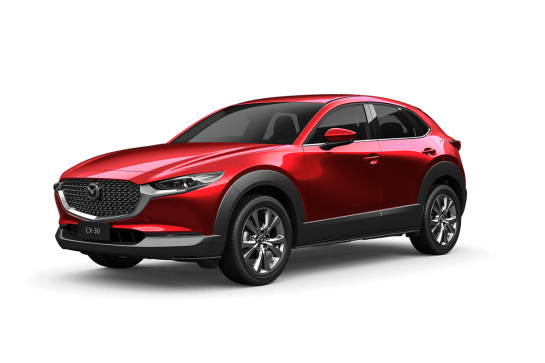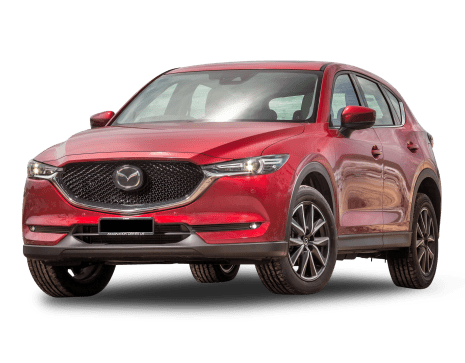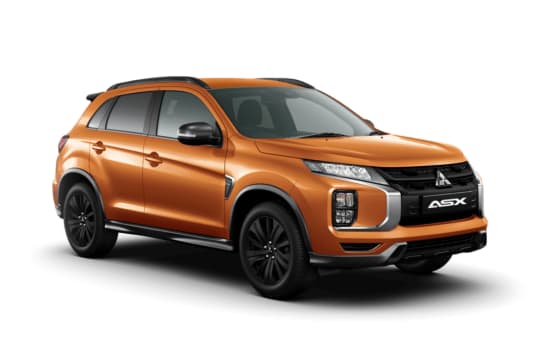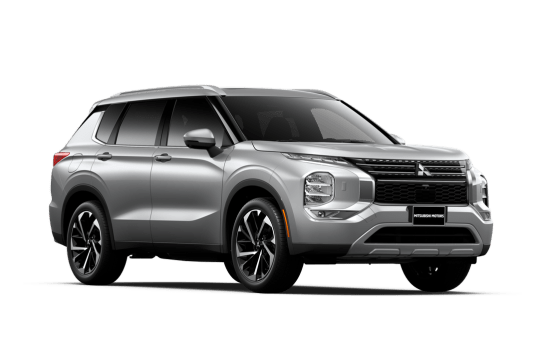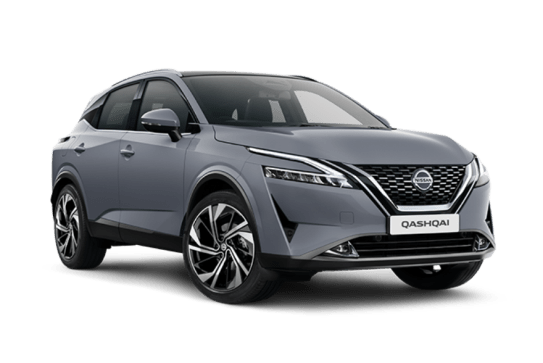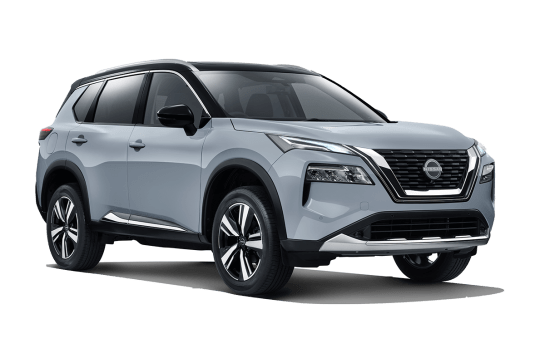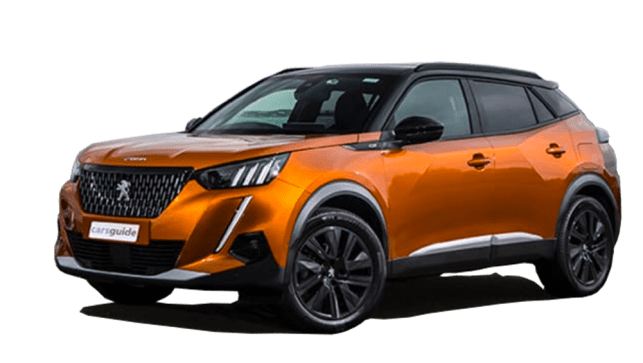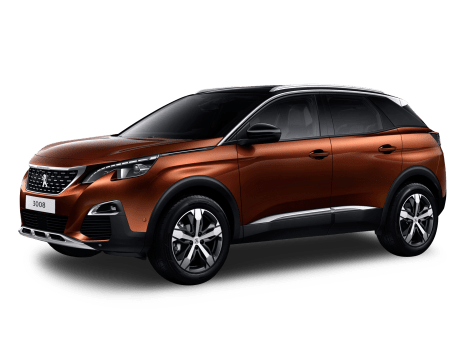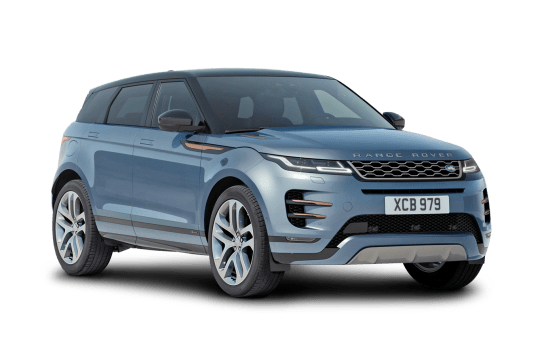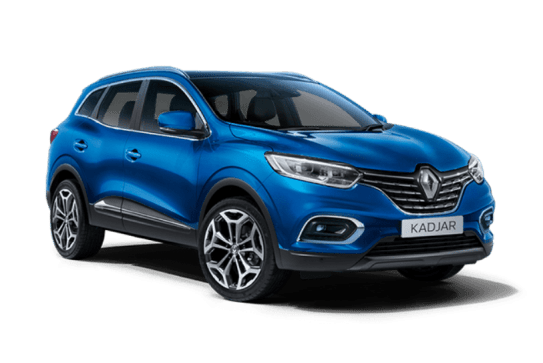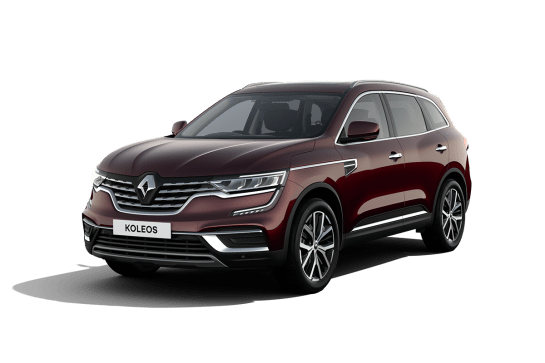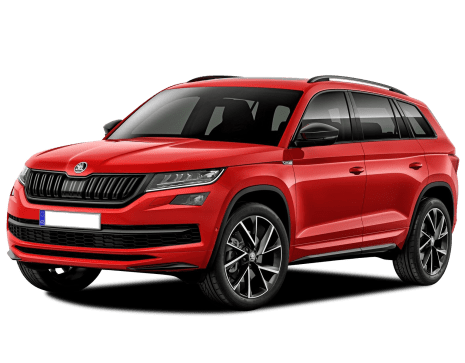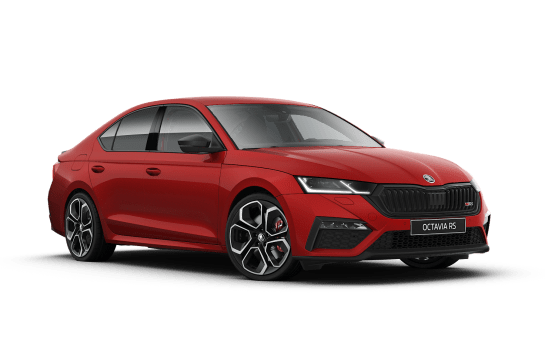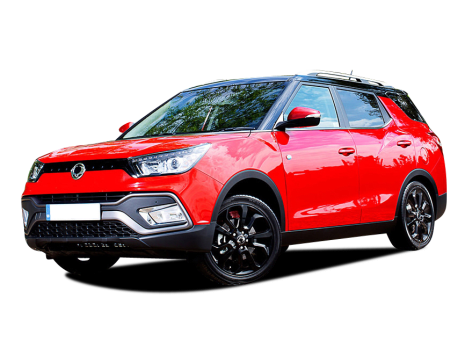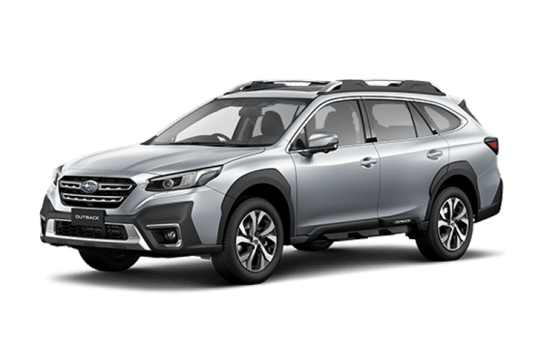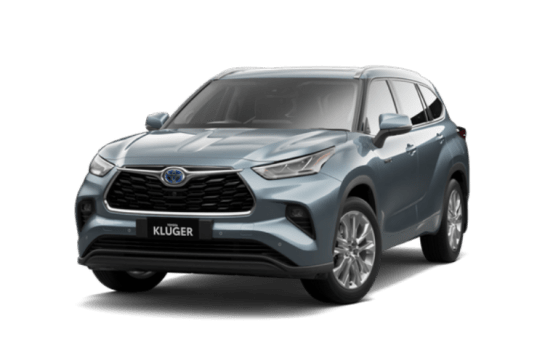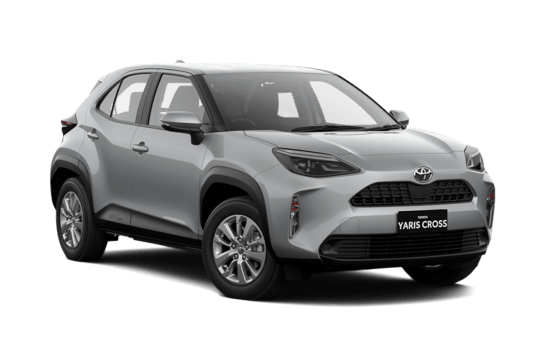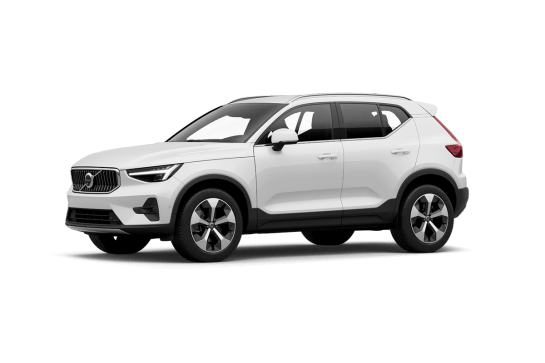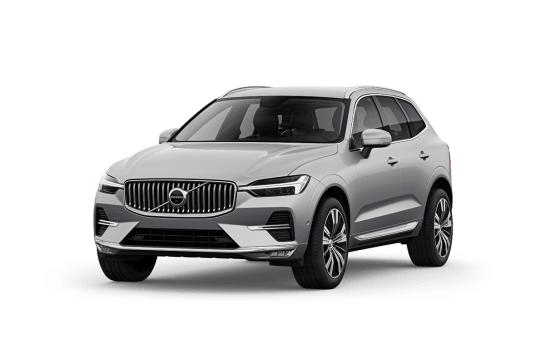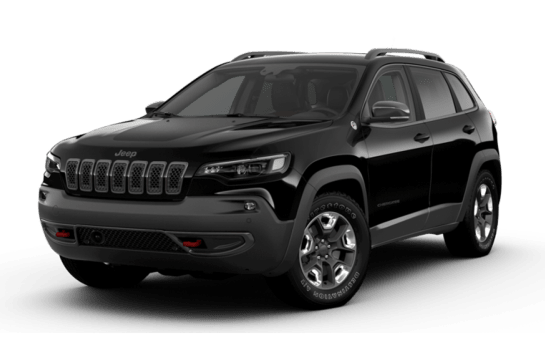
Jeep Cherokee VS Land Rover Discovery Sport
Jeep Cherokee
Likes
- Standard safety now on point
- True off-road ability
- Much improved visually
Dislikes
- Cramped rear quarters
- Styling still a bit 'Murican
- Thirsty V6
Land Rover Discovery Sport
Likes
- Cabin is both large and practical
- Economical to run
- Mostly smooth to drive
Dislikes
- Paying extra for features may irk
- More expensive than flagship model
- Some tech needs work
Summary
Jeep Cherokee
The presence of a strong medium-sized SUV is of vital importance to any mainstream automotive brand at the moment. And if you do have one, to get bums on seats it needs to be absolutely on point across the spectrum.
Jeep is, according to its masters, in the midst of a renewal, with all new vehicles expected across its line by the end of 2020. The next cab off the rank is the Cherokee – codenamed KL – which launched in Australia in 2015 to a less than enthusiastic reception.
Up against sales powerhouses like the Mazda CX-5, Nissan X-Trail and Toyota RAV4, the Cherokee needs to be good looking, good value and offer good performance. How does the 2019 update stack up?
| Safety rating | |
|---|---|
| Engine Type | 2.4L |
| Fuel Type | Regular Unleaded Petrol |
| Fuel Efficiency | 8.5L/100km |
| Seating | 5 seats |
Land Rover Discovery Sport
The Land Rover Discovery Sport is the sort of Land Rover you consider if you're not that serious about going off-road but still want something capable, but you don't want a car as large as it's Range Rover cousins.
Bonus points, the P300e mid-spec model I'm testing this week is a plug-in hybrid. So, you get the best of all worlds - capability, decent size and economy.
The new powertrain pits it against the Lexus NX450+, Volvo XC60, Audi Q5 and even the BMW X3 but while the P300e is great on paper, how does it stack-up in real life?
Read more about
- Land Rover Australian sales through the roof: Defender, Discovery and Range Rover Evoque star in spectacular year-on-year increases that leave competitors like Jeep, Mercedes-Benz and Audi in the shade
- England's pricey answer to the Suzuki Jimny? Baby electric version of Land Rover Defender coming by 2027 - report
- But what does it stand for? Land Rover brand axed as Jaguar Land Rover renamed 'JLR' to launch Range Rover, Discovery, Defender and Jaguar as individual brands
| Safety rating | |
|---|---|
| Engine Type | 1.5L turbo |
| Fuel Type | — |
| Fuel Efficiency | 2.1L/100km |
| Seating | 5 seats |
Verdict
Jeep Cherokee7.4/10
The latest Cherokee hasn’t resonated with buyers of mid-sized SUVs yet, but this facelift may bring some more potential buyers out of the woodwork – especially those looking for something with a bit of off-road ability.
Jeep is working hard to turn its reputation for poor service around as well, and its warranty and service plans are longer than those of the biggest Japanese players.
Would you prefer your SUV to have more of an off-road focus? Tell us in the comments below.
Land Rover Discovery Sport7.6/10
The Land Rover Discovery Sport P300e has a beautiful and practical cabin space. The powertrain didn't always convince me on the road but it does offer decent economy, if you charge it often.
The media system left a lot to be desired and having to pay around $15K extra for all of the customisations means it's not as affordable as what it initially seems. Still, if you’re looking for a plug-in hybrid with a great cabin and on-road looks, this is a good option.
Design
Jeep Cherokee7/10
Thank the Lord, the ugliness is no more. There’s a difference between unusual and terrible, and the previous Cherokee - in my eyes at least - had fallen out of the ugly tree and hit every single branch on the way down. Hard.
Jeep was all too aware that the challengingly styled Cherokee had a perception problem; in fact, Fiat Chrysler Australia chief Steve Zanlunghi told us that the number one reason people chose not to buy it was because of the way it looked.
So gone is the divisive split and inverted headlight design, replaced with something that is much more closely related to the Grand Cherokee. Narrow LED headlights and a classic seven-slot grille are complemented by a new lower bumper bar and LED daytime lamps, while there’s also a new composite bonnet.
New LED tail-lights and a composite tailgate join a new bumper skin on the rear, while roof rails are now standard, along with a push-open fuel door and capless filler. It now looks much more resolved, although the excess of chrome trim on the nose does age the car prematurely.
While the interior basics are still the same, Jeep claims it’s worked hard on the ‘touch and feel’ stuff; better quality plastics, bigger oddments trays and nicer trims.
Vinyl replaces cloth on the door cards, and the electronic park brake surround has been rejigged to increase the size of the phone tray, but other than that, the interior remains largely as it was.
Land Rover Discovery Sport
The updated Disco Sport gets new underpinnings which are shared with the Range Rover Evoque.
The body has seen a minor facelift but honestly, it’s so slight only die-hard fans will notice anything different. Overall, it still has the styling that people know and love.
It’s once you head inside that the facelift becomes far more apparent. Gone is the more traditional looking e-shifter and in its place is a rather nubby-looking one.
The dashboard looks more streamlined and features wider padded accents and in our test model, we have the Oyster and Black upholstery which does make it look quite luxurious. There are a few too many blank spaces for me personally but it looks slick.
Accentuating the dashboard is a floating-effect multimedia system and a large digital instrument cluster – both of which look great but there are no other control buttons or dials. I’m not a fan of the fact that you’re 100 per cent reliant on the tech screens and I'll explain why in the Practicality section.
The optioned panoramic roof makes the cabin feel airy and it's cool that it has a memory function – it will close when you turn off the car but reopen upon starting again.
Practicality
Jeep Cherokee7/10
The Cherokee is one of the larger medium SUVs in the burgeoning segment, with about 80mm extra length over the CX-5.
Unfortunately, that doesn’t extend to more room inside the cabin. The second row of seats can be a cramped place to sit, especially if the occupants are even slightly taller than average.
Throw in a small rear door aperture and – if you have one fitted – a crazily low sunroof headliner, and the back can soon becomes cramped for teens and grown-ups. The seat backs can be reclined to help out here, though.
On the up side, the Cherokee has three ISOFIX baby seat mounts, which is unusual, as well as rear vents and a pair of cupholders in a pull-down armrest.
Bottles can also be added to the four doors, and there’s a decently sized centre console bin behind two front cupholders.
Front seat occupants fare well enough, with decently bolstered and supportive seats. However, the driver’s position is more than a little compromised, thanks to a huge, bulbous protrusion on the transmission tunnel that gets in the way of your left leg, and there’s nowhere to rest your left foot. Surely a plastic footrest for RHD markets wouldn’t be a big expense.
The wheel is comfortable enough, but could extend towards the driver another 15 or 20mm, and I inadvertently opened the powered tailgate a couple of times when trying to start the car; both buttons are round and located in places where such buttons should be.
Boot capacity has been increased by 84 litres to 784 litres by way of a two-level boot floor, though bear in mind this is measured via the SAE standard, and not the VDA standard used by virtually everyone else.
A full-size steel wheel serves as a spare for all variants.
Land Rover Discovery Sport
With it's 4597mm length, 2173mm width and 1727mm height, the Discovery Sport is technically classed as a medium SUV but the cabin space is much larger than it has any right to be.
Both rows have ample head- and legroom for both my 168cm (5ft6') height and those much taller. When you have a co-pilot, you’re also not jostling for elbow room and it’s easy to slide in and out of because of the 212mm ground clearance.
The amenities up front are good with the update seeing more decent sized individual storage options.
There are two cubbies in the centre console as well as two cupholders and a medium-sized middle console. The glove box can hold more than a manual and the storage bins with their single drink bottle holders are also larger than before.
The powered front seats are comfortable and the optioned heat functions are most welcome on the cooler days we've been having lately.
The back seats also have superior padding comfort but you sit on top of, rather than in, them which is typical of an SUV.
The amenities and storage are what you would expect for the grade level with a fold-down armrest with two cup holders and small storage cubby, directional air vents, reading lights, map pockets and small storage bin in each door.
There is also an accessory hole to attach device holders on the backs of the front seats - perfect for hooking up a screen for little ones on a long journey.
The P300e loses points on its practicality with the multimedia system. You eventually get used to using it while on the go, even though the lack of buttons/dials means more time is spent with your eyes on the screen.
That's when the screen turns on. The display has cut out a few times this week and the wireless connectivity for Bluetooth and the connection for Apple CarPlay (wireless or wired) drops out a lot.
The P300e I'm driving is brand-spanking-new, so it may just be a case of something that needs calibrating but for a lot of the Land Rovers I've sampled in the past, the media system seems to be the area with the biggest teething issues.
That being said, the built-in satellite navigation is top-notch and easy to use. The directions also get displayed on the instrument cluster and optioned HUD.
The charging options are excellent with the front row getting three USB-C ports and a large wireless charging pad. The rear gets two USB-A ports and two USB-C ports plus a 12-volt socket and the boot also has a 12-volt socket. Totally spoiled for choice.
The boot is a great size at 897L with all seats in use and that jumps up to 1749L when the rear seats are folded flat. The rear row also has a 40/20/40 split, which opens up storage opens.
There is a temporary spare tyre housed underneath the flat floor and a powered tailgate comes standard in this model, which I always like.
Price and features
Jeep Cherokee7/10
Jeep claims it’s in a space called ‘access premium’ – think premium economy – that offers extra kit on its cars at a more affordable price. It sees itself rivalling the likes of the Honda HR-V and Hyundai Santa Fe, rather than the CX-5.
The updated Cherokee will maintain the status quo when it comes to the model mix, with the entry level Sport keeping its $35,950 (plus ORCs) price tag.
For that, you’ll get a five-seat SUV with a 130kW 2.4-litre naturally aspirated petrol engine, backed up by a nine-speed automatic gearbox driving the front wheels.
As well, you’ll also score LED headlights and tail-lights, a 7.0-inch 'Uconnect' multimedia system with Apple CarPlay and Android Auto, leather-wrapped wheel and gear knob, roof rails and a comprehensive suite of driver aids over and above the outgoing model.
That suite of driver aids includes high-speed forward collision warning with AEB and pedestrian emergency braking, advanced lane departure warning and rear cross-traffic alert.
It only has cloth trim, regular lights and wipers and single-zone air, though, so you’ll need to look at the Longitude ($41,950 plus ORCs) for more of the good stuff.
It adds AWD to the 2.4-litre four-cylinder powertrain, as well as auto lights and wipers, a multi-mode traction management set-up, powered front seats, parking sensors, a powered tailgate with foot activation (only if the wind is blowing the right way and Jupiter is in crescent moon ascending, if our brief and fruitless testing is anything to go by) and push-button start with keyless entry.
Add $5000 to get into the Limited, and you’ll get a proper low-range 4x4 drivetrain hooked up to a 3.2-litre V6 petrol engine, leather upholstery with heated and vented front seats, 18-inch rims, a larger 8.4-inch multimedia system with sat nav and a colour screen between the dash dials, along with adaptive cruise control and auto parking.
Topping the tree is the $48,450 Trailhawk, Jeep’s self-rated offroad-ready version of the Cherokee that complements the Wrangler and Grand Cherokee Trailhawks.
It’s the more rugged version of the Limited, and its triple-diff 4x4 drivetrain also includes a low-range transfer case, the ability to lock all three diffs, hill ascent and descent control, taller suspension, unique bumpers and underbody skid plates, offroad-spec rims and leather/cloth seats.
The Trailhawk makes up about 10 per cent of the model sales at present – given there’s only been 324 sold all year so far (as opposed to 16,000 for the CX-5), it’s still not a big number.
On balance, the Cherokee starts further up the ladder price-wise than its rivals, but there’s value to be found in the additional off-road performance – and the new additions have come at zero cost over the old car.
Land Rover Discovery Sport
The Discovery Sport is offered in four grades and the model on test in this review is the plug-in hybrid mid-level P300e.
The P300e is priced from $102,125 before on road costs but the addition of the plug-in hybrid powertrain means that it is actually $8855 more expensive than the flagship HSE.
In terms of its rivals, the P300e sits towards the middle of the line-up with the Volvo XC60 Recharge Plus PHEV coming in as the most affordable at $92,990 before on-road costs, then the Lexus NX450+ PHEV at $93,498. Sitting at the more expensive is the Audi Q5 55 TFSIe at $106,600 and then the BMW X3 xDrive30e M Sport PHEV at $111,800.
However, our test model does have a few optioned extras which ups the price tag and its position in the pack.
Those options include:
- A Technology Pack for $4700 which adds a digital rearview mirror, head-up display, and a 360-degree camera system with wade sensors.
- A fixed panoramic roof for $3040.
- Upgraded Meridian Surround Sound System for $2220.
- Upgraded 20-inch alloy wheels for $2080.
- Heated front seats for $860.
- Home charging cable for $520.
- Titanium mesh trim for $420.
All of that brings the grand total to $117,290, before on roads. Which is no small lump of change for what is essentially just a baby Land Rover.
Standard luxury and practical features include powered front seats with a three-position memory function for the driver, synthetic leather upholstery, keyless entry, push-button start, powered tailgate, temporary spare-tyre, and dual-zone climate control.
Technology includes an 11.4-inch touchscreen multimedia system, 12.3-inch digital instrument cluster, Android Auto, wireless charging pad, Bluetooth connectivity, and DAB+ Digital Radio.
The update also sees wireless connectivity for Apple CarPlay, an Amazon Alexa app, as well as new USB-C ports, as opposed to USB-A ports from the previous model.
Under the bonnet
Jeep Cherokee7/10
The 2.4-litre 'Tigershark' engine makes 130kW and just 229Nm of torque, while the heavier 3.2-litre 'Pentastar' V6 offers up 200kW/315Nm.
All variants use the Chrysler-designed ZF-sourced nine-speeder, which has seen its transmission maps updated for this facelift.
There are effectively three drivetrain types; front- and all-wheel drive for the four-cylinder Sport and Longitude, and 4x4 for the Limited and Trailhawk, both of which use the V6.
The 4x4 system is 8.0kg lighter than previously, too.
Hill descent and ascent is standard on the V6-powered cars, while 'Select Terrain' offers up Auto, Snow, Sport and Sand/Mud settings. Trailhawk adds extra elements including a rock crawling mode, as well as a mechanical locking rear diff, and electronic locks for the centre and front diffs.
Towing isn’t exactly a forte, though all will deal with a small van or boat. The base car will haul 1500kg, while the other three can handle 2200kg of braked trailer each.
Land Rover Discovery Sport
The Discovery Sport P300e has a 1.5-litre, three-cylinder plug-in hybrid turbo-petrol engine with an eight-speed auto transmission and is an all-wheel drive.
The engine produces a combined power output of 227kW and 540Nm of torque. On paper, it’s punchy and can do a 0-100km/h sprint in 6.6 seconds but in practice, it’s not always great at using that power.
Efficiency
Jeep Cherokee7/10
Claimed fuel consumption figure for the smallest engine is 8.5 litres per 100km on the combined fuel economy cycle, 9.8L/100km on the V6 Limited and 10.2L/100km for the Trailhawk.
A 90km highway stint in the latter saw a dash figure of 12.1L/100km, while a similar distance in the Limited yielded 11.8L/100km.
All variants use a 60-litre fuel tank, and will accept regular unleaded fuel. The lightest Cherokee weighs 1590kg and the heaviest is 1889kg.
Land Rover Discovery Sport
The official combined fuel cycle consumption figure is 2.1L/100km and my real-world usage sits a 4.8L/100km after doing some open-roading and lots of urban trips this week. For an SUV of this size and with it's power, that's pretty darn good.
The trick is to regularly charge it for maximum fuel economy gains and that's not always practical.
Officially, you get up to 66km of pure electric range in this but expect closer to 47km in the real world.
The P300e has a Type 2 CCS charging port which means you can hook this up to a fast charger. On a 50kW system, you can go from 0-80 per cent in as little as 30 minutes but on a 7kW system, going from 0-100 per cent jumps up to to two hours and 12 minutes.
Expect to leave it on charge overnight on a standard domestic socket.
The driving range based on the official combined fuel cycle is obscene, and I can't see it happening in real life - so, based on my fuel economy figure and the 58L fuel tank, expect a theoretical driving range of up to 1208km.
Driving
Jeep Cherokee8/10
Over a 200km-odd drive route in the Limited and Trailhawk V6s, the Cherokee reinforces its position as a more rugged and ready SUV. It lacks the absolute precision and poise of more road-oriented rigs, but – and particularly in the case of the Trailhawk – shows its chops when the going gets a bit steep and slippery.
The V6 I sampled is adequate rather than enthusiastic, and it doesn’t make soul-stirring noises, but it’s linear and reasonably responsive underfoot. I found the throttle to be a bit sticky underfoot, which made smooth pull-aways a pain at times, but its relationship with the nine-speed auto is a good one.
The Cherokee’s electrically assisted steering verges on being too light and vague, but body roll suppression is really impressive, especially across the front axle, while ride quality is excellent.
A quick – or slow, in this case – lap of a genuinely rugged off-road course shows that the Trailhawk is more than a rebadging exercise. With bespoke bumpers, underbody protection and proper off-road tyres, the smaller form factor of the Cherokee Trailhawk would make for a very handy full time off-roader for a couple, if ultra-long range touring wasn’t a consideration.
Land Rover Discovery Sport
The Discovery Sport P300e has the goods on paper when it comes to power and it does... once you're up to speed. That's when you can punch it and feel confident at overtaking or keeping your speed consistent on hills.
It's when you're accelerating from a full-stop that it becomes a bit lacklustre as there's serious lag between accelerating and actually moving forward. Accept that you will have to accommodate for this inaction whenever you are joining or crossing traffic from a standstill.
Besides this little hiccup in the power delivery, handling on the whole is good.
The Disco Sport is easy to manoeuvre and you don’t feel like you’re driving something big, despite the ample cabin space. It also handles itself well in corners without too much roll.
The switch between the electric and petrol components isn’t always the smoothest but when it’s in its electric mode it’s blissfully quiet. The cabin feels refined too because you don’t get a lot of external noise in the cabin at all.
The wide windows and higher ride means visibility is great and the optioned digital rearview mirror adds another viewpoint if the back window isn’t clear.
The Disco Sport proves to be nimble and easy to park with the optioned and clear 360-degree camera system, and the sensors at the front and rear are sensitive.
Safety
Jeep Cherokee8/10
Active forward collision warning and AEB, advanced lane departure wanring and rear cross traffic alert are now standard across the four-model line-up. Adaptive cruise is optional on the Longitude and standard on the Limited and Trailhawk.
LED headlights are also standard across the line, as well as six airbags, rear view camera with guidelines and parking sensors (from the Longitude up).
Jeep is currently in a wait-and-see situation with its ANCAP rating, which currently sits at a maximum five-star rating under last year’s rankings, but it expects to be issued a similar score from the safety body.
Land Rover Discovery Sport
The Discovery Sport plug-in hybrid variant is not covered by its siblings' five-star ANCAP safety rating from 2022, so the P300e is unrated but features some good safety gear.
Standard items include AEB, blind spot monitoring, driver attention alert, tyre pressure monitoring, rear collision warning, forward collision warning, rear cross-traffic alert, lane keeping aid, traffic sign recognition, intelligent seatbelt warning, and adaptive cruise control.
The traffic sign recognition tech is dreadfully intrusive, which impacts the driving enjoyment. I turn the warning sound alerts off each time I hop in as it's like a small child is hitting the same piano key over and over again - just to give you a sense of the sound itself and resulting annoyance.
It has seven airbags but interestingly, and unusually, the seventh one is a pedestrian airbag.
This model misses out on lane departure warning but for any families, there are ISOFIX mounts on the rear outboard seats plus three top tethers and you should be able to get three seats back if they’re not too big.
Ownership
Jeep Cherokee8/10
Jeep offers a five-year/100,000km warranty program that includes five years of roadside service and fixed price servicing.
Service intervals are 12,000km or 12 months, and five years of servicing on all drivetrains equals $2650 (August 2019).
Land Rover Discovery Sport
The Discovery Sport comes with a five-year/unlimited km warranty and the battery is covered by an eight-year/ 160,000km warranty which is a usual term to see for this class now.
There is a five-year capped-price servicing program which costs a flat $2100, or $420 which is both reasonable for the class and is more affordable than a pay-as-you-go option. There is also a five-year roadside assistance program as a part of your servicing plan through Assist Australia.
Servicing intervals are great at every 12 months or 20,400km, whichever occurs first.


